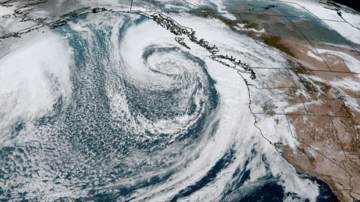
HOST Damond Benningfield
A steep change in the slope of a riverbed can create rapids—regions where the water is especially fast and choppy—and dangerous. The same thing applies to rivers in the sky. […]


Our regular Science and the Sea™ radio program presents marine science topics in an engaging two-minute story format. Our script writers gather ideas for the radio program from the University of Texas Marine Science Institute’s researchers and from our very popular college class, Introduction to Oceanography, which we teach to hundreds of non-science majors at The University of Texas at Austin every year. Our radio programs are distributed to commercial and public radio stations across the country.

HOST Damond Benningfield
A steep change in the slope of a riverbed can create rapids—regions where the water is especially fast and choppy—and dangerous. The same thing applies to rivers in the sky. […]
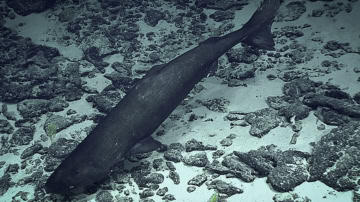
HOST Damond Benningfield
The great white shark has the most fearsome reputation of all sharks. But it might not be the biggest of the predator sharks. That honor might go to the Pacific […]
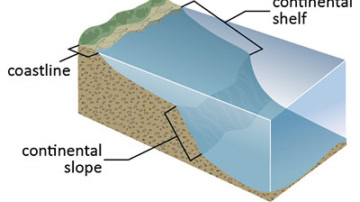
HOST Damond Benningfield
Currents at the bottom of the ocean can be just as fickle as wind currents at the surface. They can turn, speed up or slow down, and even reverse course. […]
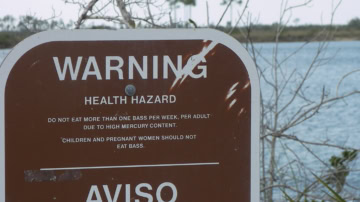
HOST Damond Benningfield
In the spring of 1956, a doctor in the Japanese village of Minamata reported an outbreak of a troubling new disease. It was seen mainly among children, and it affected […]
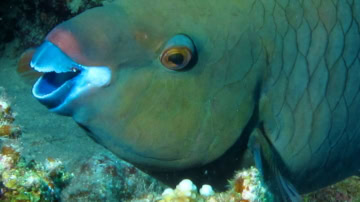
HOST Damond Benningfield
The parrotfish is like a house cleaner who does a great job of keeping things tidy, but sometimes breaks a glass. You want to keep them around, but you just […]

HOST Damond Benningfield
The exhaust produced by ocean-going ships can contribute to our warming climate. Most ships burn fossil fuels, so they spew out atmosphere-warming compounds. But some of their contribution to global […]

HOST Damond Benningfield
The many creatures that dig into the sediments at the bottom of the ocean are ecosystem engineers. Their burrowing, foraging, and even pooping change the ocean landscape—not just close by, […]
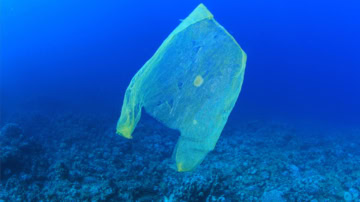
HOST Damond Benningfield
About 12 million tons of plastics enter the oceans every year—the equivalent of a full garbage truck every minute. The total includes millions of grocery bags. But restrictions on the […]
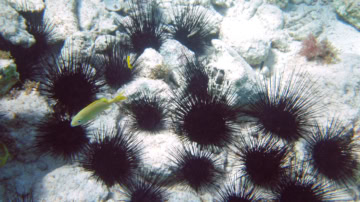
HOST Damond Benningfield
Depending on which side of the country you live on, you probably either hate or love sea urchins. Off the coast of California, there are too many of the spiny […]
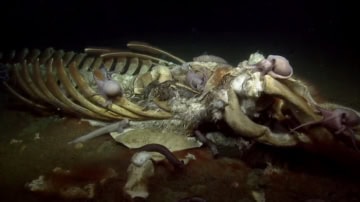
HOST Damond Benningfield
The ocean floor near Los Angeles is the largest graveyard for whales yet seen. Surveys have found evidence of more than 60 whale skeletons there. Scientists have used sonar and […]